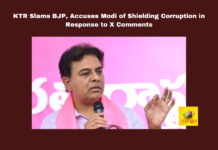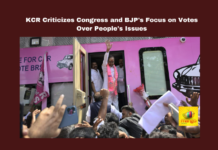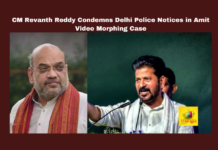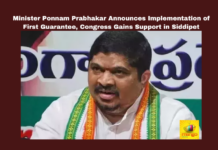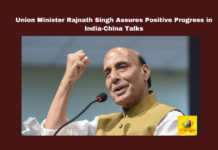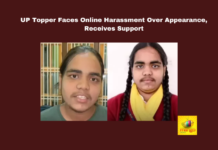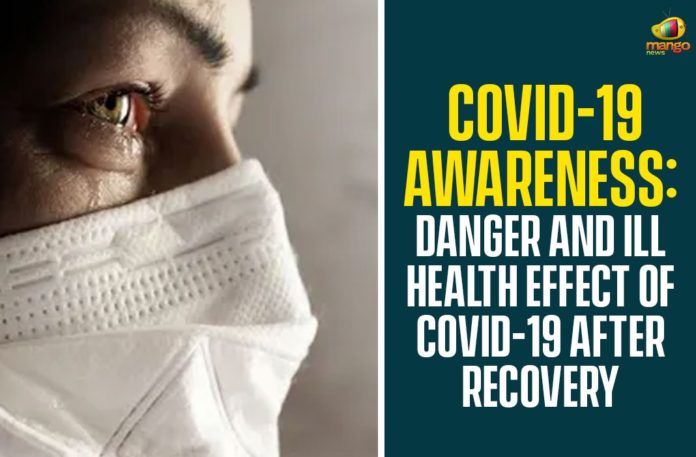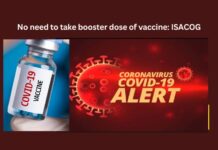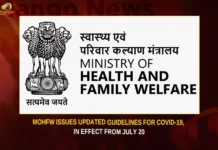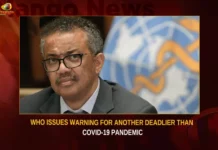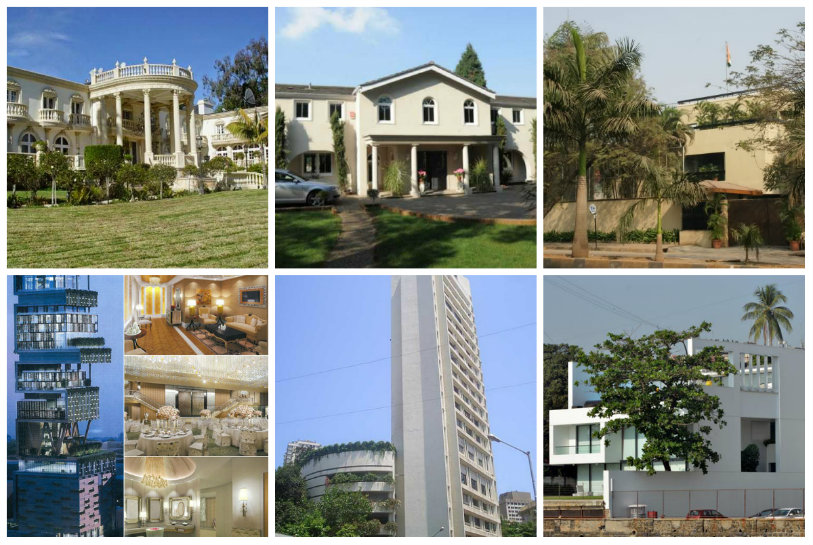Clinicians the world over are increasingly treating Covid-19 as more than a respiratory disease, with patients reporting neurological, autoimmune and cardiovascular symptoms that can manifest as strokes, heart attacks, multisystem inflammatory syndrome, cytokine storm, loss of taste and smell, and fatigue that may occur and last for weeks after recovery.
Close to eight months since the disease first came to light, and after 23.7 millions infections and 814,000 deaths across the world, the range of effects the Sars-Cov2 has had on people adds to the volume of many unknowns about a virus that has caused the first pandemic in a century
“Around 50% patients have residual symptoms post recovery, which range from fatigue and weakness to breathlessness that requires oxygenation at home even after testing negative for Covid-19. In some people, the symptoms can persist for weeks,” said Dr Rajesh Chawla, senior pulmonologist and critical care specialist at Indraprastha Apollo Hospitals in Delhi, where he has been treating Covid-19 patients since the hospital established isolation wards on March 26.
One of his patients is Achal Jain, 53, who has been experiencing breathlessness, exhaustion and headaches since he recovered from Covid-19 four months ago. “Four people from our family were hospitalised with coronavirus in April after we contracted it from a migrant camp where we went to feed the hungry. We all recovered, but I still feel tired and have trouble sleeping, even though I did not need ICU admission,” said Jain, a businessman who lives in Yamuna Vihar in north-east Delhi.
Long Covid
While there is no peer-reviewed data on such long Covid, a survey of 1,567 people on Facebook page called Survivors Corps showed long-term symptoms stretched from extreme fatigue to difficulty focusing and moving. While all long-haulers suffered from fatigue, more than half had difficulty breathing, concentrating, exercising and sleeping, while at least 40% had anxiety, memory problems and dizziness.
A study of 110 patients treated for Covid in a hospital in Bristol, UK, found 75% were experiencing at least one symptoms three months after recovery, with breathlessness, fatigue and muscle ache reported by 81 patients long after being diagnosed free of disease.
These symptoms overlap with those of patients with chronic fatigue syndrome (myalgic encephalomyelitis), which is a disease of unknown etiology.
“Although a causal link between Sars-CoV2 and the appearance of autoimmune and auto-inflammatory diseases has not yet been firmly established, it is suggested by the temporal association with the current Covid-19 pandemic and the history of exposure of affected patients to Sars-CoV2,” according to a study in the scientific journal, Nature Reviews Rheumatology, on June 4.
Immune threat
Emerging reports show Sars-CoV2 infection is followed by various autoimmune and auto-inflammatory diseases, including multisystem inflammatory syndrome in children. “Early diagnosis of Covid-19-linked autoimmune and auto-inflammatory diseases, and prompt initiation of therapy, is crucial for successful recovery and preventing end-organ damage and fatality,” said the Nature study, which suggested that Sars-CoV2 could act as a direct trigger of autoimmune and/or auto-inflammatory conditions either by molecular mimicry or some other, unknown mechanisms.
“When Sars-Cov2 attaches to the spike protein ACE-2, it activates the cytokine release syndrome that activates immune cells to increase inflammation. The pro-inflammation cytokines include IL-1, IL-6 and IL-10. The chief among them is IL-6 that causes direct damage to cells and triggers other cells to release cytokines, leading to damage to all organs with ACE-2, which include the lungs, heart, blood vessels, kidneys, liver and gastrointestinal tract,” said Arvinder S Soin, chairman of the Medanta Liver Transplant Institute, Medanta-The Medicity, Gurugram.
“IL-6 has been implicated in triggering a cytokine story and in the pathogenesis of myocarditis, which explains why drugs that block IL-6 like the steroid dexamethasone and monoclonal antibodies tocilizumab and sarilumab benefit patents with Covid-19,” added Dr Soin, who is the national lead of the Indian multi-centre trial on Tocilizumab (a drug used to treat auto-immune conditions) in moderate and severe COVID-19.
Blood vessel trouble
Heart attacks and stroke after recovery have also been reported in otherwise healthy patients. Heart images of people taken 10 weeks after Covid-19 infection found 78 of 100 had cardiac involvement, and 60% had ongoing myocardial inflammation, which was independent of pre-existing conditions, severity and course of the illness, and the time from the original diagnosis, according to a study published on July 27 in the journal JAMA Cardiology.
“A study of patients in Wuhan, China, found 5% experienced stroke. Neurological symptoms were seen in 36.4% of patients, but were more common in patients with severe disease according to respiratory status, which included stroke, impaired consciousness and muscle injury,” said Dr Pushpendra Renjen, senior neurologist, Apollo Hospital. The study was reported in JAMA Neurology in April.
“The disease is just eight months old, and though we are learning with each passing day, it will take years to fully understand the long-term effects of Covid-19,” added Dr Renjen.
Way forward
With long Covid increasingly being reported in patients in India, the Union health ministry has begun formulating guidelines on the management of post-recovery long-haul complications. “A section of recovered patients experience respiratory or heart-related issues, renal or liver complications, or even ophthalmological side effects. A joint monitoring group chaired by director general health services (Dr Rajiv Garg) is studying data from Covid-19 hospitals across India to draft guidelines on the long-term care required,” said Union health secretary Rajesh Bhushan.
People with long Covid met World Health Organisation (WHO) director general Dr Adhanom G Tedros on Friday. “These patients want three things: recognition, rehabilitation and research. Recognition of their disease, appropriate rehabilitation services, and more research to be done into the long-term effects of this new illness. We still know relatively little about the long-term effects,” said Dr Tedros, in a statement.
“My message to these patients was… we are committed to working with countries to ensure you receive the services you need, and to advancing research to serve you better,” he said.






